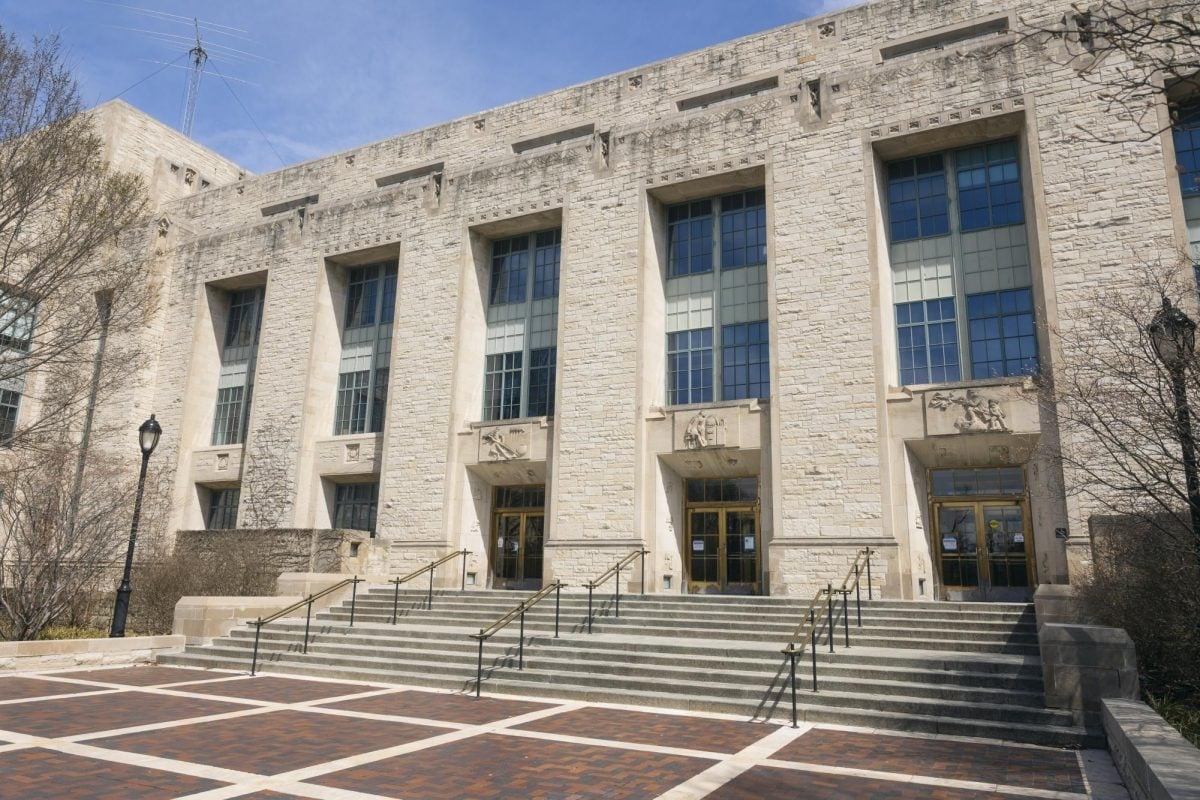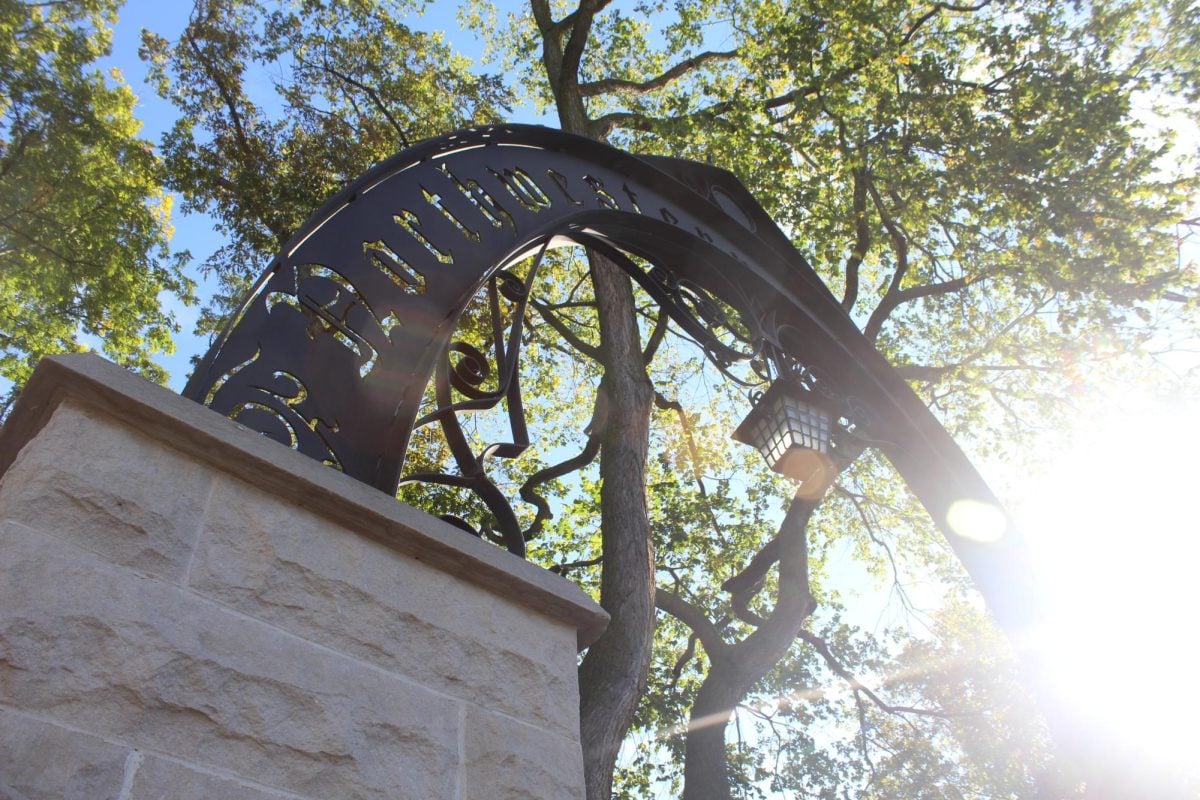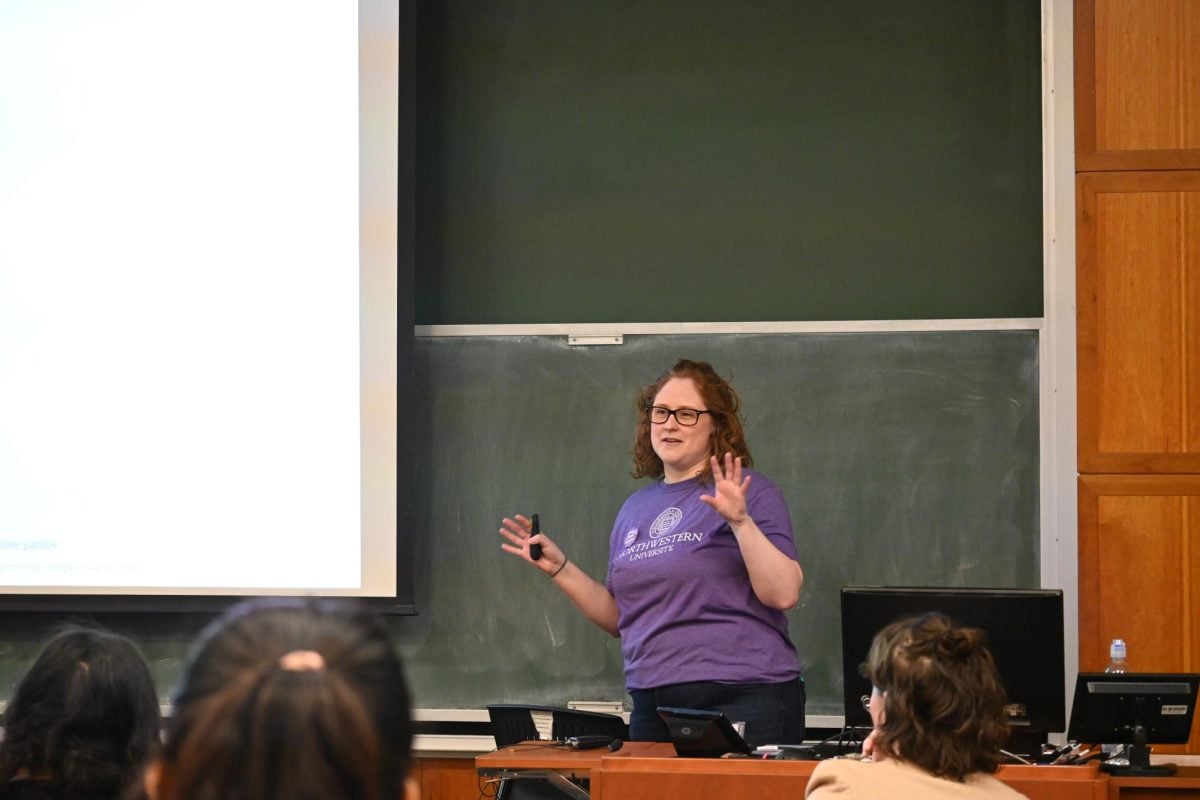Northwestern’s Center on Wrongful Convictions has partnered with the University of Michigan Law School to create a new national database on exonerations.
The National Registry of Exonerations currently has data on 891 exonerations that have occurred nationwide since 1989 and is “the largest database of exonerations ever assembled,” according to a May 20 report released on the registry’s website.
Rob Warden, the executive director of the Center on Wrongful Convictions, said the primary goal of the registry to shed light on an imperfect justice system.
“We really want to call attention to the flaws in the system that lead to false convictions,” Warden said. “It’s important to understand what went wrong with all these other cases and try to bring about reform that will prevent it from happening in the future.”
Michigan Law Prof. Samuel Gross, who according to the Law School’s website was “instrumental in creating” the database, said the database will help future research on false convictions because it will alleviate the difficulties when identifying standard, centralized data.
“The more we learn about false convictions, the better able we will be to prevent them, and if we can’t prevent them, to identify them after the fact and at least do something to limit the consequences of them,” Gross said. “The only way we can do that is by finding out about exonerations because those are the only false convictions we know about, and there’s no easy way to find them.”
Gross said often the only way to discover an exoneration is to go through court dockets and read specific details about the case, a task made more difficult by the fact that the country’s more than 3,000 courthouses do not use centralized records. As a result, he said most exonerations that come to light are high-profile cases and those handled by initiatives such as the New York-based Innocence Project and the Medill Innocence Project, which publicize their work.
Medill Prof. Alec Klein, the director of the Medill Innocence Project, said while the Project was not involved in creating the registry, the new resource could help the Project’s research by illuminating patterns involved in wrongful convictions.
“The registry is a good baseline to study the issues involved in wrongful convictions, exonerations, patterns that emerge from the list,” Klein said. “It could be useful for further study, it could be useful to better understand the criminal justice system, it could also be useful to organizations like the Medill Innocence Project to examine where things go wrong or where things go right.”
Gross called the Center on Wrongful Convictions “a wonderful place,” saying they have been collecting information on exonerations for more than a decade.
He said the new registry uses a filing system created by the center, and the center handles most of the Illinois exonerations. With 101, Illinois has more exonerations recorded in the registry than any other state.
According to the report, the most common factors that lead to false convictions and subsequent exonerations are perjury or false accusation, mistaken eyewitness identification and official misconduct. The report emphasizes the importance of continuing work on exonerations to prevent them from happening in the future.
According to the report, there are many more false convictions than exonerations.
Gross said he hopes to continue to expand the database, including extending its data back before 1960.
“Gathering information and updating the registry is our main commitment,” he said. “One of the specific hopes we had in putting this together is that by creating this registry we would be creating a context that never existed before in which we can learn about exonerations that we didn’t otherwise know.”
Gross said the registry has already received messages from people reporting exonerations that were not in the initial database, saying it is particularly difficult to find information on cases that occurred outside of major media markets.
“Our commitment is to add those and add new ones that occur and other old ones that we find and build a database as we go,” he said.







